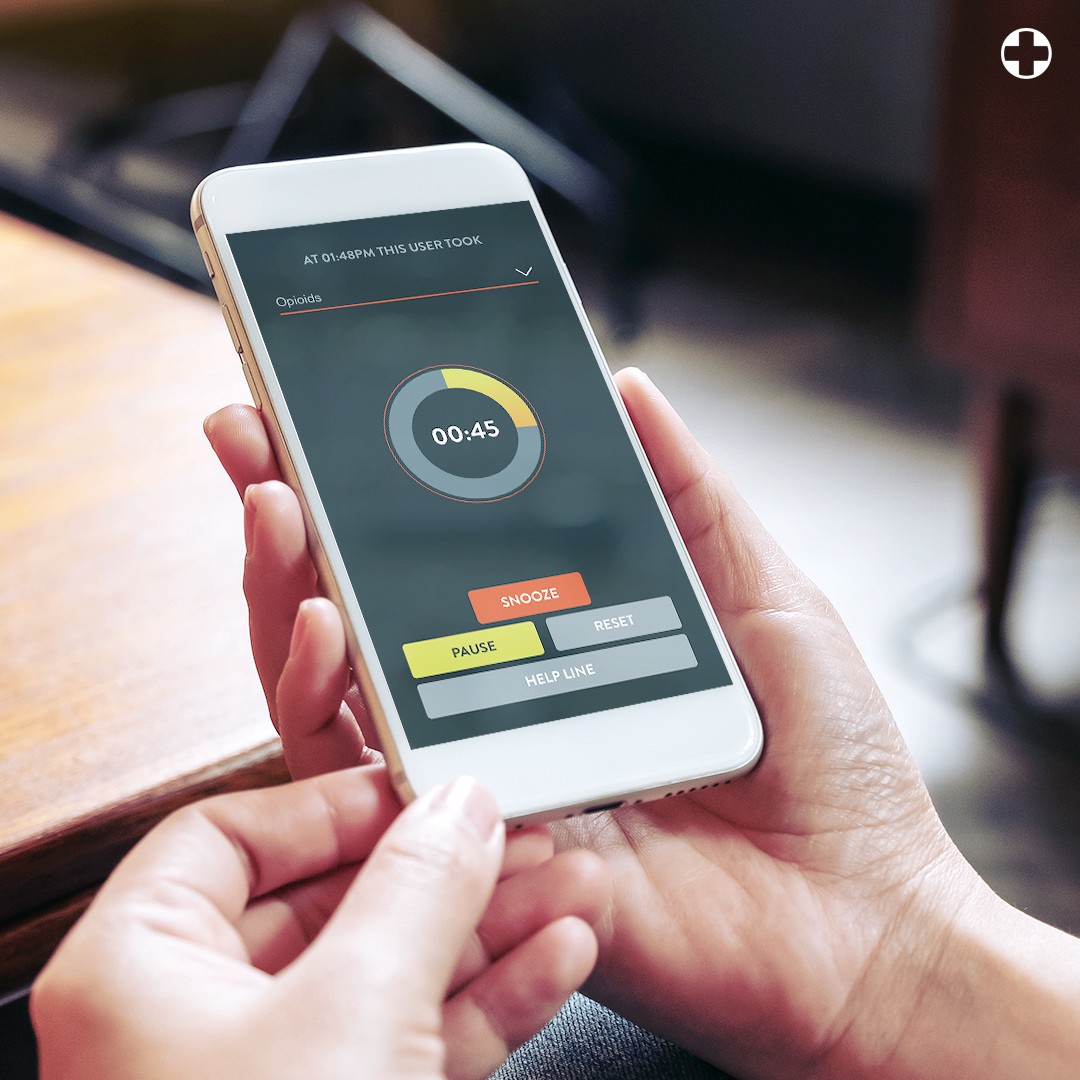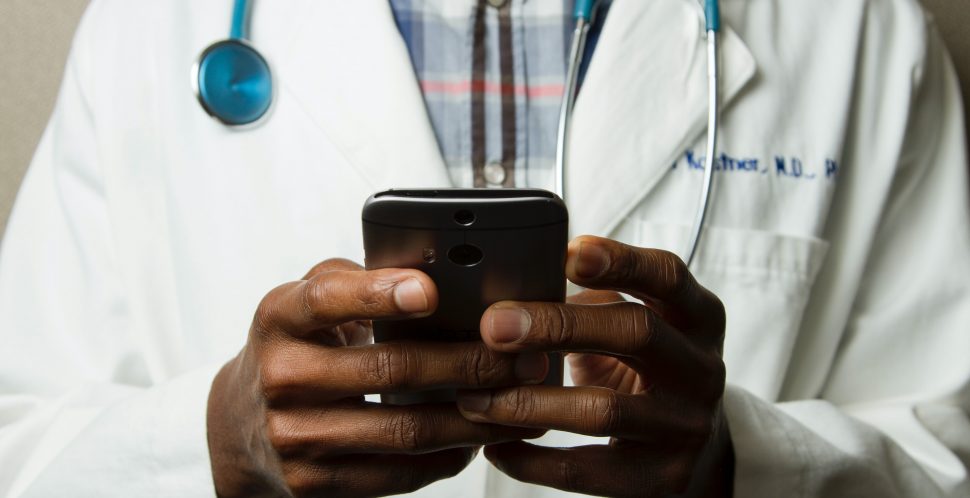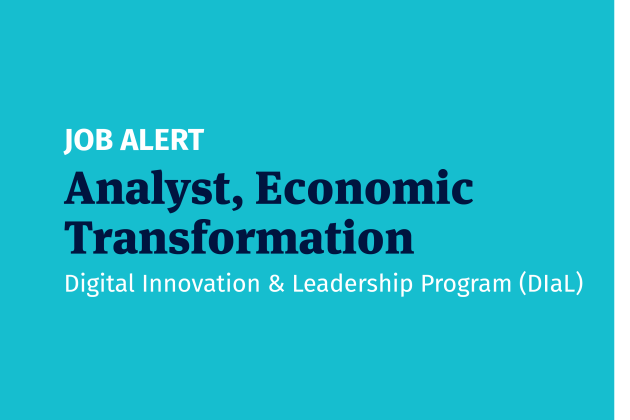In our new “What We’re Reading” series, we break down the highlights of thought pieces that are particularly relevant to the current economic climate. Next up: how digital health integrates technologies and people. Read more below.
Digital health is skyrocketing with the lockdowns and physical distancing necessitated by the global pandemic. Dr. Chandana Unnithan with Lifeguard Digital Health, a Vancouver-based medical technology manufacturer, dives into the importance of healthcare technology while addressing ancillary concerns over security and privacy, and parallel crises like increased drug use. From securing data transmission through permissioned blockchain to apps that interrupt overdoses in progress, sophisticated digital healthcare can help us get ahead of the current pandemic, protect against future crises and save lives along the way.
A Spotlight series on British Columbia
Saving Lives from the “Other Crisis” During the COVID-19 Pandemic at Lifeguard Digital Health
June 30 2020
 The field of digital health is growing exponentially in the post-COVID world. As physical distancing becomes a necessity to sustain lives and governments lock down countries into quarantines, convergence of digital technologies has enabled health care services online. Services that are often cited include telemedicine, mobile applications, wearable devices, remote monitoring sensors, and even the use simple text messages via mobile phones that sends alerts to public.
The field of digital health is growing exponentially in the post-COVID world. As physical distancing becomes a necessity to sustain lives and governments lock down countries into quarantines, convergence of digital technologies has enabled health care services online. Services that are often cited include telemedicine, mobile applications, wearable devices, remote monitoring sensors, and even the use simple text messages via mobile phones that sends alerts to public.
From a technology perspective, the focus of digital health is on the development of interconnected health systems that leverage smart devices (e.g., smart phones, tablets, wearable fitness devices), internet, big data, advanced computational analysis methods, and wireless communications. The involvement of multiple disciplines and stakeholders, including clinicians, allied health workers, scientists, researchers, experts, and citizens with expertise ranging from health, engineering, public health, social sciences, health economics, and data science makes this discipline unique, yet complex and dynamic.
Read the full article
Published in partnership by the Information and Communications Council (ICTC) & the Vancouver Economic Commission.



